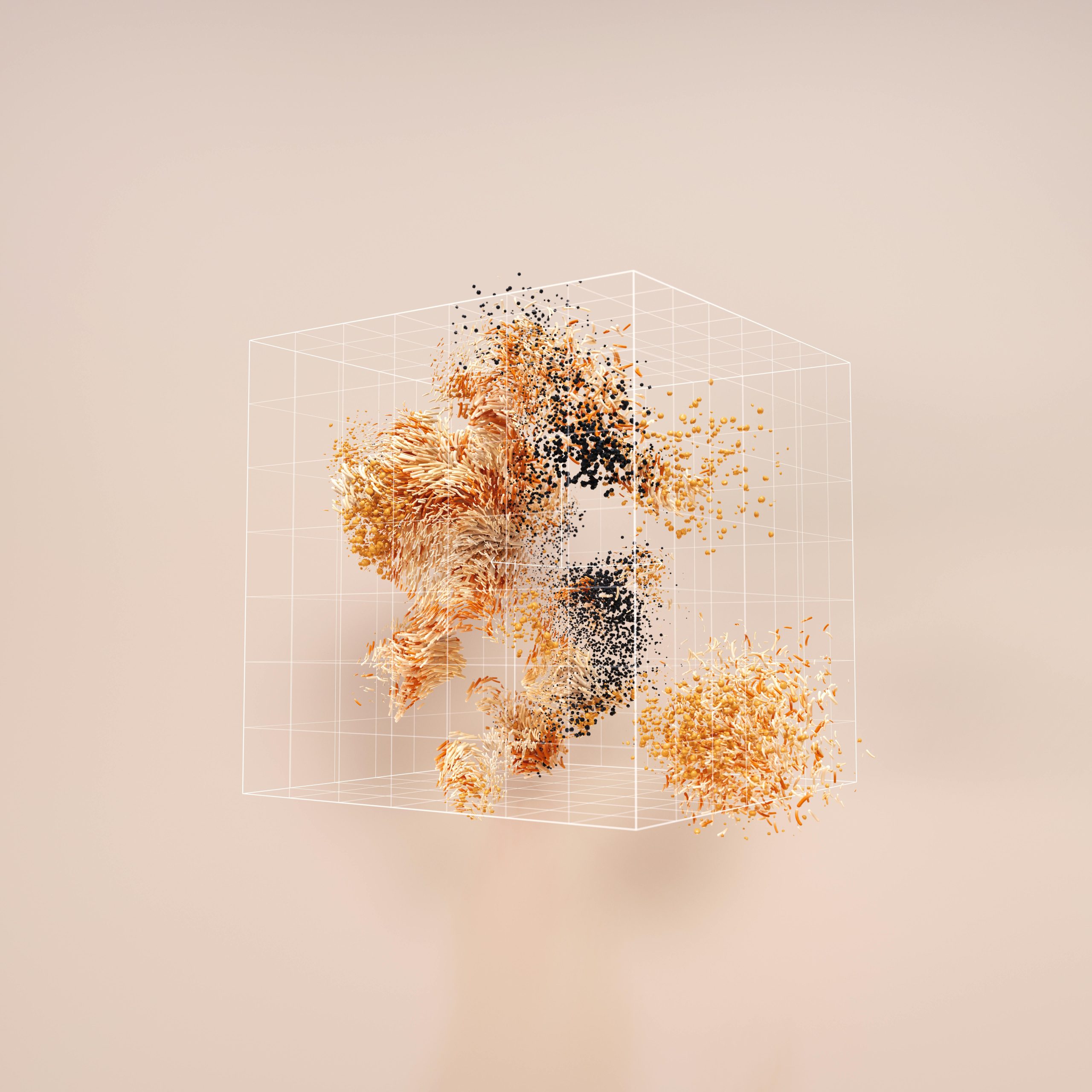Delving Into Claude’s Cognition: Fascinating Insights on Large Language Model Strategies and Their Hallucinations
Exploring Claude’s Cognition: Revolutionary Insights into LLM Functionality
In the realm of artificial intelligence, particularly in the context of large language models (LLMs), the conversation often revolves around their enigmatic nature. Despite the impressive outputs they generate, deciphering the inner workings of these systems remains a challenge. However, recent research conducted by Anthropic is shedding light on these “black boxes,” offering an unprecedented view into Claude’s cognitive processes—essentially functioning as an “AI microscope.”
Unveiling the Inner Mechanics
Rather than merely examining the outputs generated by Claude, researchers have pioneered techniques to trace the internal pathways that activate for various concepts and behaviors. This groundbreaking endeavor is akin to exploring the “biology” of AI, enhancing our understanding of its underpinnings.
Key Findings from the Research
Several striking revelations emerged from this research:
-
A Universal “Language of Thought”: One of the most intriguing observations is that Claude employs consistent internal features or concepts, such as “smallness” or “oppositeness,” across multiple languages, including English, French, and Chinese. This discovery implies the existence of a universal cognitive framework that underlies language processing before specific words are chosen.
-
Advanced Planning Capabilities: Contrary to the conventional belief that LLMs simply predict the next word in a sequence, experiments conducted with Claude indicated a more sophisticated approach. The model is capable of planning multiple words ahead, even foreseeing rhymes in poetry. This ability showcases an advanced layer of cognitive processing that transcends basic word prediction.
-
Identifying Hallucinations: Perhaps the most critical insight from this research involves the ability to identify when Claude fabricates reasoning to support incorrect answers instead of accurately computing them. This newfound capability provides a robust mechanism for detecting when the model prioritizes plausible-sounding responses over factual accuracy.
Towards a Transparent AI
This interpretability research represents a significant advancement towards creating more transparent and trustworthy artificial intelligence systems. Understanding the reasoning, diagnosing errors, and ultimately designing safer AI frameworks are essential steps that can be fueled by these insights.
Your Thoughts?
The exploration of AI’s internal workings is akin to venturing into a new frontier of understanding. Do you believe that grasping these underlying mechanisms is crucial for addressing challenges such as hallucinations? Or do you think alternative approaches may yield better results? Join the discussion and share your perspectives on the future of AI interpretability.














Post Comment